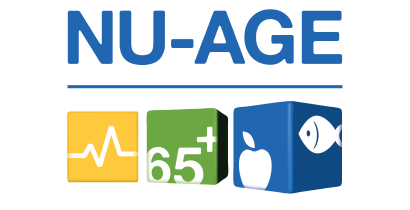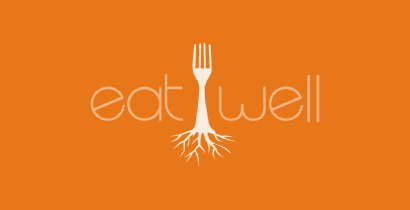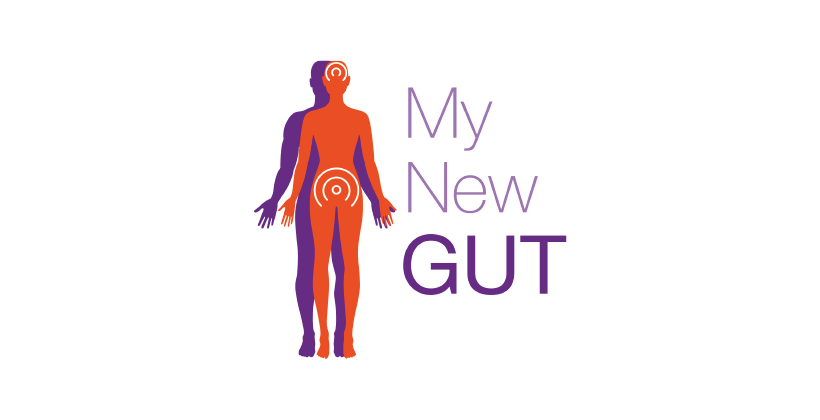New dietary strategies for healthy ageing in Europe (NU-AGE)
Last Updated : 30 April 2016People are living longer. Rising living standards, improved lifestyle and better education, as well as greater access to quality healthcare services has meant that we can expect to reach 78 years of age, an increase of six years compared to the 1980s. However, data also shows that Europeans live to just over 60 years without being limited in their day-to-day activities by ill-health or disabilities*. This is a challenge. What can we do to enable people to be healthier, for longer? And as a growing proportion of people in the European population are over 65 – predicted to reach 40% by 2030 – preventing age-related disease will also reduce associated medical and social costs.
This is the subject of the European Commission-funded project called NU-AGE that is looking at new dietary strategies addressing the specific needs of elderly population in Europe. The project will explore how diet can help European seniors to live a healthier, longer life.
Diet and ageing
Many factors – both biological and environmental – play a role in ageing. Diet is one such factor and scientific opinion today is that by carefully selecting our diet we can affect the ageing process. But how does it work?
The influence of diet on age-related conditions is a relatively unexplored area of research and it is unclear as to what the optimal diet would be. What we do know, however, is that the food we eat can influence the development of inflammation. This is important because inflammation associated with ageing has been shown to be one factor in the development of age-related diseases such as atherosclerosis (thickening of artery walls and a risk factor for heart disease), type 2 diabetes and neurodegeneration leading to cognitive decline.
NU-AGE research
The 5-year NU-AGE project started by designing a new food pyramid for those over 65 years old. This will be developed from food based dietary guidelines used in Europe, illustrating the proportions of different foods that should be included in a balanced diet. The NU-AGE 65+ food pyramid will be designed to meet the nutritional needs of the elderly by emphasising nutrient-density, water, dietary fibre, vitamin D and vitamin B12. To study the effects of the NU-AGE food pyramid on health and ageing factors, seniors across Europe will receive advice, fortified foods and other support to adjust their diets to match the pyramid. Food intake data, blood, urine and other samples will be collected and the results will be compared to those of elderly citizens not taking part in the dietary intervention. Alongside the dietary intervention, socio-economic determinants for food choice in the elderly will be investigated.
Based on the knowledge gained about influences of diet on ageing and its potential to prevent age-related disease, foods designed especially for elderly consumers will be developed and the best ways to communicate dietary recommendations to those over 65 will be explored.
Through its work, NU-AGE will seek to fill the current lack of knowledge on how the whole diet can impact on and counteract age-related disease and functional decline. This will contribute to improved health and quality of life in the ageing population in Europe. The results from NU-AGE will be valuable to a wide range of stakeholders – from the scientific community and health professionals to industry and policy makers.
Consortium
NU-AGE is a multidisciplinary consortium consisting of 31 partners from 17 EU countries. Involved are research institutes across Europe, large food industries, traditional food companies, one biotech SME and associations of the European food and drink industry. Coordinator for the project is Prof. Claudio Franceschi at University of Bologna, Italy. Communications are managed by the European Food Information Council (EUFIC).
The NU-AGE project is funded under the European Commission’s 7th Framework programme.
Read the Food Today article: 'Time to find the recipe for healthy ageing in Europe', about promoting healthy eating amongst the elderly.
For more information:
References:
*OECD (2010), Health at a Glance: Europe 2010, OECD Publishing. Available at: http://dx.doi.org/10.1787/health_glance-2010-en



